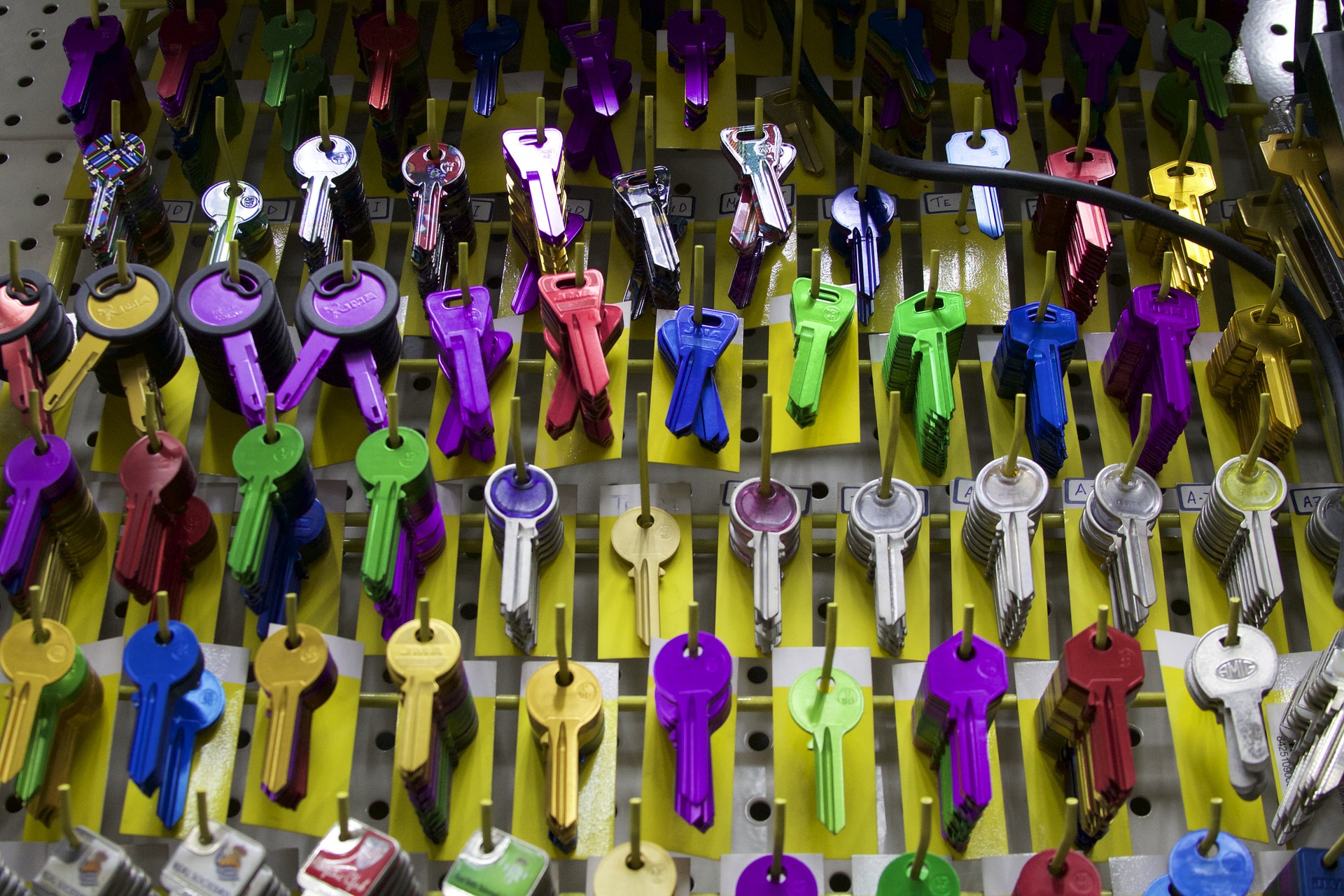
05 Jun Getting Hammered: A Local Hardware Store-y
Your local hardware store is having an identity crisis. But ask anyone and they’ll tell you they love their local hardware store. So, what’s the key to success for keeping customers coming and buying, rather than shopping, then ordering elsewhere?
Early in May, I made my annual pilgrimage to the 2017 Hardware Show in Las Vegas.
I continue attending this show despite the fact that it’s been eclipsed by other trade shows over the years. Why? The show offers an invaluable glimpse into the world of independent hardware and garden center retailers, which is a client base we have supported for many years.
Independent hardware and garden center retailers are a vanishing breed. They’ve been buffeted by the onslaught of price-driven big box retailers like Home Depot, Lowe’s and Canadian Tire. The survivors are now facing the Amazon juggernaut and the e-commerce operations of the big boxes as well as specialty retailers. Literally, it’s survival of the fittest.
So how have these survivors adapted and planned for disruption? Below are five things that we’ve observed.
- Positioning as “the neighborhood source.” In this equation, neighborhood is the operative word. In many cases, time trumps price for time-pressed consumers who don’t want to drive 20 minutes to their local big box. Further, many Gen Y consumers prefer to shop locally and buy from independent retailers.
- Innovation in e-commerce ordering and 24-7 product pickup. Survivors have learned and adapted to some of Amazon’s tricks of the trade. First, their e-commerce sites feature the highest selling SKUs. Second, organic and paid local search tools drive local customer traffic to their e-commerce sites. Last, the really smart ones offer point-of-sale checkout using iPad technologies (think The Apple Store) and drive pickup at the store 24-7 using staging areas with storage lockers.
- Mining millennials. This involves having the right products for home and garden projects, store sets that are easy to shop, and authenticity. Sounds like retail 101, right? Not really. The best independents recognize it’s often the PROJECTs not the PRODUCTs that count because most retailers carry the same products. Focusing on projects enables independents to showcase their expertise and added value to Millennial customers AND to set them up for a successful DIY or landscaping project.
- Integrating marketing automation. The best independents all have customer databases and use marketing automation tools to facilitate interactions outside the store with their customers. They may be offering promotions, use and care tips, brief discussions about projects using email and text messaging, and redirect marketing tools in search engines to keep current and potential customers engaged with what’s happening at the retailer’s locations.
- Offering outstanding “certified service.” Big box home center very rarely offer consistent and affordable services. The smart independents manage service as a profit center. In some cases, service is as important as product assortment. These service range from landscape design, outdoor power equipment repair, to handyman services. To underscore the value of the service offerings, the smart independents promote service certifications. Some of the more innovative independents even make house calls.
For more information visit:
The Wal-Mart Effect and the Future of Retail
12 Forecasts for the Retail Industry in 2017
Store of the Future: Technologies Changing Retail





No Comments